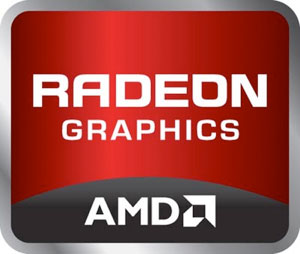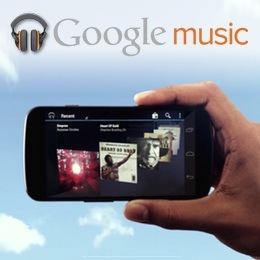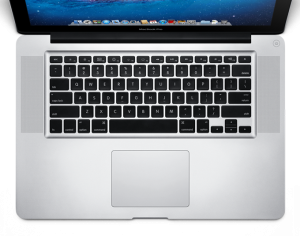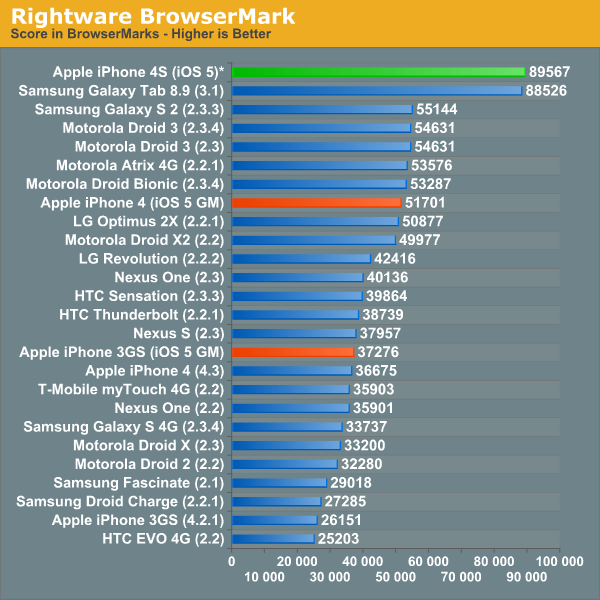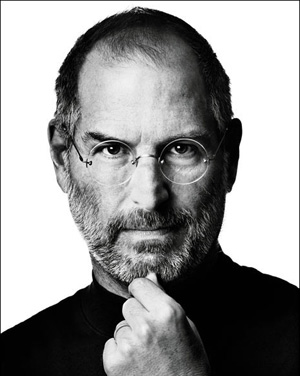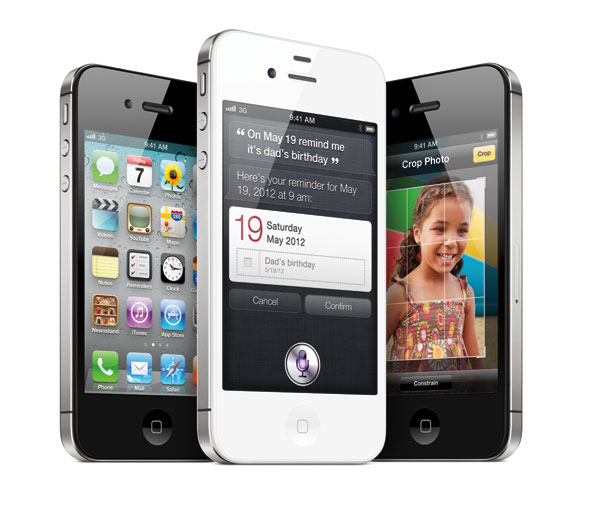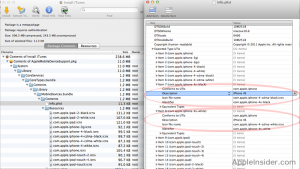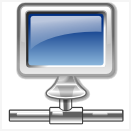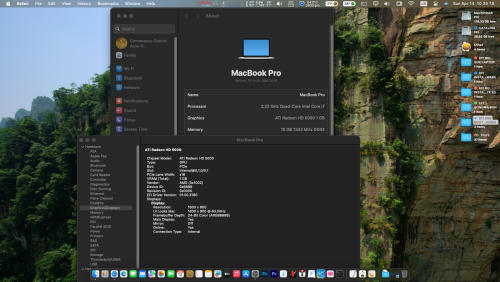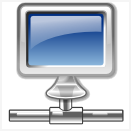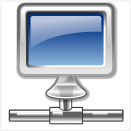
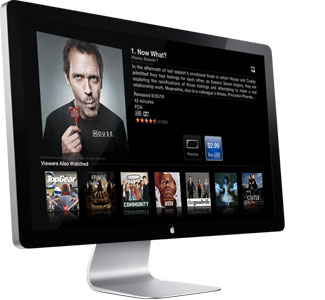
The new Apple TVs have long been rumored now, and have almost been confirmed with the release of Steve Jobs' official biography making reference to them, quoting the late Jobs as saying, "I'd like to create an integrated television set that is completely easy to use... It would be seamlessly synced with all of your devices and with iCloud... It will have the simplest user interface you could imagine. I finally cracked it."
It's anticipated that the integrated television set would likely have OLED technology and compete with existing Smart TVs from the likes of Samsung and LG who currently lead the market with their affordable, cutting-edge, Internet-enabled TVs.
Likely to be powered by an A6 processor (expected to be utilised in the next version of the iPad), the Apple TV would run a version of iOS that would accept voice commands thanks to Siri, which was introduced in October with the iPhone 4S.
Apple's expected to announce the new Apple TV sets next year, although reports currently contradict, with some expecting them in mid-2012 and others saying the last quarter of 2012. Either way, it looks like 2012 may be the year of the Apple TV, and I for one certainly can't wait.
- Read more...
- 2 comments
- 12,520 views

